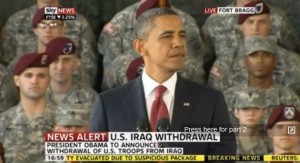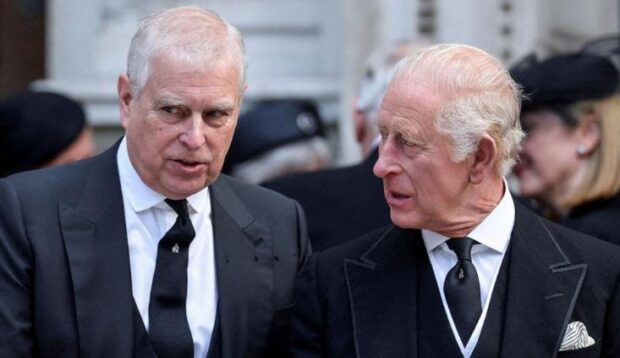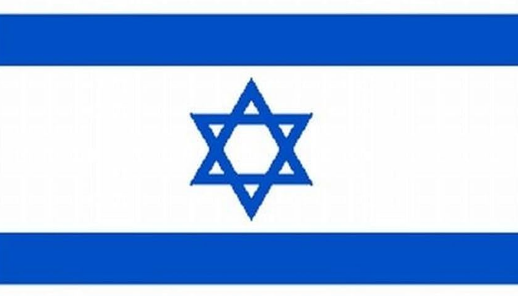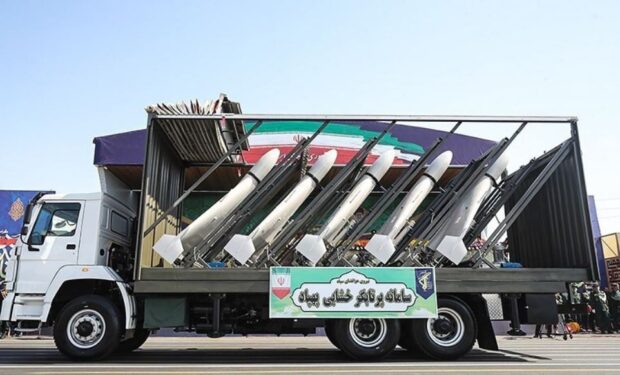Ultimate sacrifice or ultimately sacrificed
It is very disturbing to me that our young men and women are not honored in our society for taking the risks that they do. It is disturbing to me that our politicians put them in harms way for political reasons; “salute” them when they return and use them as backdrops or props when making speeches. It is disturbing to me that they continue to die and are maimed for very little.
Although it’s old news on the TV, so much so that they don’t even mention how many of our brave people we lose from week to week. I do and follow the reports.
In Afghanistan, we lost eight brave soldiers in January, eleven in December, thirteen in November, nineteen in October and twenty-five in September. It goes on and on. It may not sound like a lot, unless your brother, sister, son, daughter was one of those statistics.
You may remember that we only invaded Afghanistan because the Taliban wouldn’t turn over the al-Qaeda elements there. So we thought it easy to remove the Taliban and occupy the country. Yet another blunder.
The Soviets thought that as well, until they ran for it in 1989 after just two years. It’s taken us more than eleven and our government is still pretending that it’s a successful campaign… and will make a difference. The politicians in Washington can pretend all they want. It isn’t their sons and daughters dying and being maimed.
The only difference I see is that the Taliban have ramped up opium production (from almost zero) to pay for weapons and explosives. Afghanistan is once again the world’s largest producer of opium, the precursor to heroin; the opium market is worth over $65 billion worldwide and these drugs kill 100,000 people every year (many in the U.S.) from overdosing.
This illicit money funds global terrorism as well.
Do we destroy the poppy fields and payoff the farmers each year? No. Why? Because our government thinks it will upset the farmers.
We call our soldiers, and for the most part everyone else, heroes. I think that we should not use the word hero lightly. If it’s applied to almost everyone, then its value is diminished to just a throw away comment. Most are brave; a few are heroes.
The word hero has no superlative. That’s why it should be used carefully, and not applied to everything and everybody. It diminishes the word’s importance. It’s a very important word.
The men, police officers and fire fighters, who climbed the stairs of the World Trade Center buildings to rescue the public at extreme risk to themselves were heroes. The firefighters and police who watched from the ground, at a safe distance weren’t.
From a political perspective, I should be calling all of our troops heroes; it’s cheap insurance. As I’m known for being blunt and speaking the truth, I can’t bring myself to do it. Brave, a big yes for all of them; some are heroes, yes but all, no.
Almost all elected officials sling around the “hero” word. Why? Because they can’t be criticized for using that word, and risk losing their jobs for not using it. I’m sure that most don’t believe what they are saying, but there isn’t any downside risk by calling everyone a “hero.” It devalues the word to something like “on-sale,” a sign you see everywhere on store windows but is meaningless.
They are gutless.
If they were all heroes, they’d all get the Medal of Honor, the Distinguished Service Cross or at least the Silver Star. They don’t. If they did, the value of those medals would diminish. I want them to mean something and I want the word hero to be meaningful. With overuse it isn’t.
The phrase “they made the ultimate sacrifice” implies that our soldiers willingly died for their country. I don’t think that they did so, willingly. They wanted the enemy to die for their country.
So you decide, do you use the catch-phrase “… they made the ultimate sacrifice” or were they ultimately sacrificed by the administrations that have politicized our wars?






